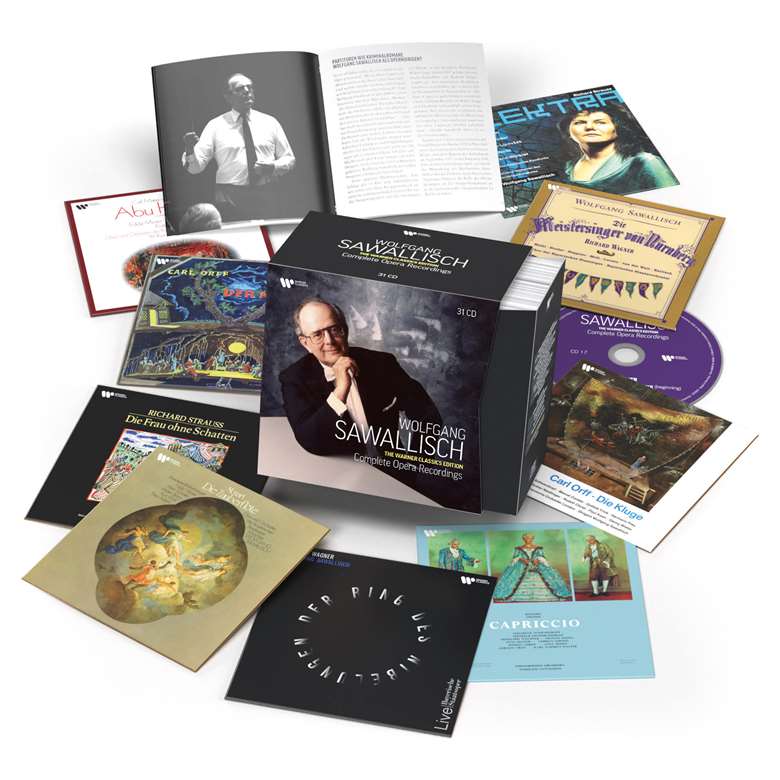Review - Wolfgang Sawallisch: The Warner Classics Edition - Complete Opera Recordings
Rob Cowan
Friday, November 1, 2024
Rob Cowan dives into Warner’s second volume of Wolfgang Sawallisch’s recordings

Register now to continue reading
Thanks for exploring the Gramophone website. Sign up for a free account today to enjoy the following benefits:
- Free access to 3 subscriber-only articles per month
- Unlimited access to our news, podcasts and awards pages
- Free weekly email newsletter







